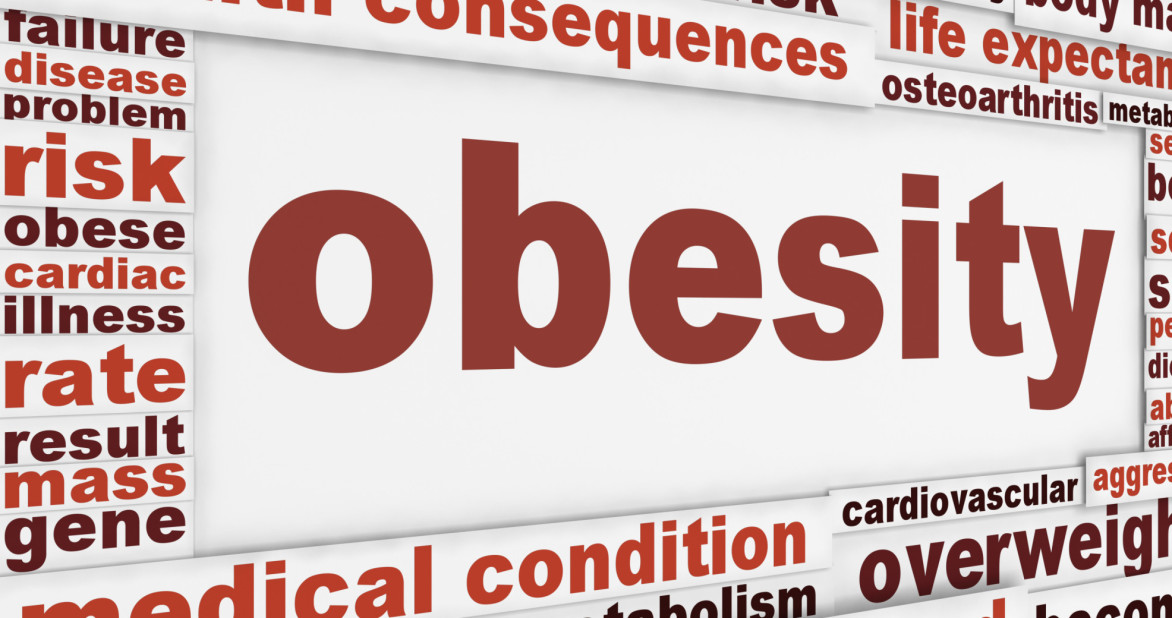Obesity physical health impacts

Obesity physical health impacts can be felt across the globe
Obesity physical health impacts: The damages caused overweight
Every human being must have some reasonable weight. When the normal healthy weight is exceeded, one is said to be obese or overweight. This state comes with some negative effects. That is why we want to focus on obesity physical health problems as we progress into this discussion. According to the experts at AWAREmed health and wellness resource center under the leadership of doctor Dalal Akoury, MD the bodily harms caused overweight can be very devastating if not treated. Such problems may include:
- From a metabolic standpoint, obesity contributes to diabetes by affecting the way the body processes sugar.
- Additionally, obese people tend to have high cholesterol and are more vulnerable to hypertension and heart disease as had been indicated above.
- From a quality-of-life standpoint, obesity contributes to sleep disturbances, snoring and, in severe cases, sleep apnea, all of which can lead to daytime fatigue and depression.
- Obese people may also experience excessive sweating, overheating and frequent rashes in the folds of the skin.
- Excess weight also puts a strain on the joints and may lead to knee, ankle and back pain.
- Obesity also increases the risk of some cancers, gall bladder disease, and stroke.
Obesity physical health impacts: Obesity effects on erectile dysfunctions
Obesity can directly affect erectile dysfunction by lowering testosterone levels. Testosterone are the primary sex hormone in men facilitating efficiency in both libido and sexual function. Indirectly, it increases the risk of contracting other diseases, like hypertension. The penis needs a sufficient supply of blood for a firm erection. Once engorged, the vessels need to close in order to maintain the erection. Hypertension, diabetes, high cholesterol and heart disease all contribute to erectile dysfunction by adversely damaging and constricting blood vessels and affecting the way blood flows in and out of the penis. All these problems can be reversed for a better living naturally using good diet, exercise, and drug intervention. Therefore, if you are struggling with weight management, you can call doctor Akoury now to help you professionally get your life back on track.
Obesity physical health impacts: Lifestyle and Psychological effects
Lifestyle choices that impair blood circulation can contribute to ED. Smoking, excessive drinking, and drug abuse may damage the blood vessels and reduce blood flow to the penis. Smoking makes men with atherosclerosis particularly vulnerable to ED. Being overweight and getting too little exercise also contributes to ED. Studies indicate that men who exercise regularly have a lower risk of ED.
ED usually has something physical behind it, particularly in older men. But psychological factors can be a factor in many cases of ED. Stress, depression, poor self-esteem and performance anxiety can short circuit the process and leads to an erection. These factors can also worsen the problem in men whose ED stems from something physical. Finally, the impact of obesity and overweight in sexual life is real and when it happen, we must not shy away from it. The sooner we are able to face it the better for everyone whether in marriage or in an active relationship. When you visit AWAREmed Health and Wellness Resource Center, doctor Dalal Akoury will be there to help you get out of the twin conditions of being obese and erectile dysfunction in the most efficient and professional way. Remember that confidentiality is one of our strength so you need not worry about anything.
Obesity physical health impacts: The damages caused overweight
http://www.integrativeaddictionconference.com/wp-admin







